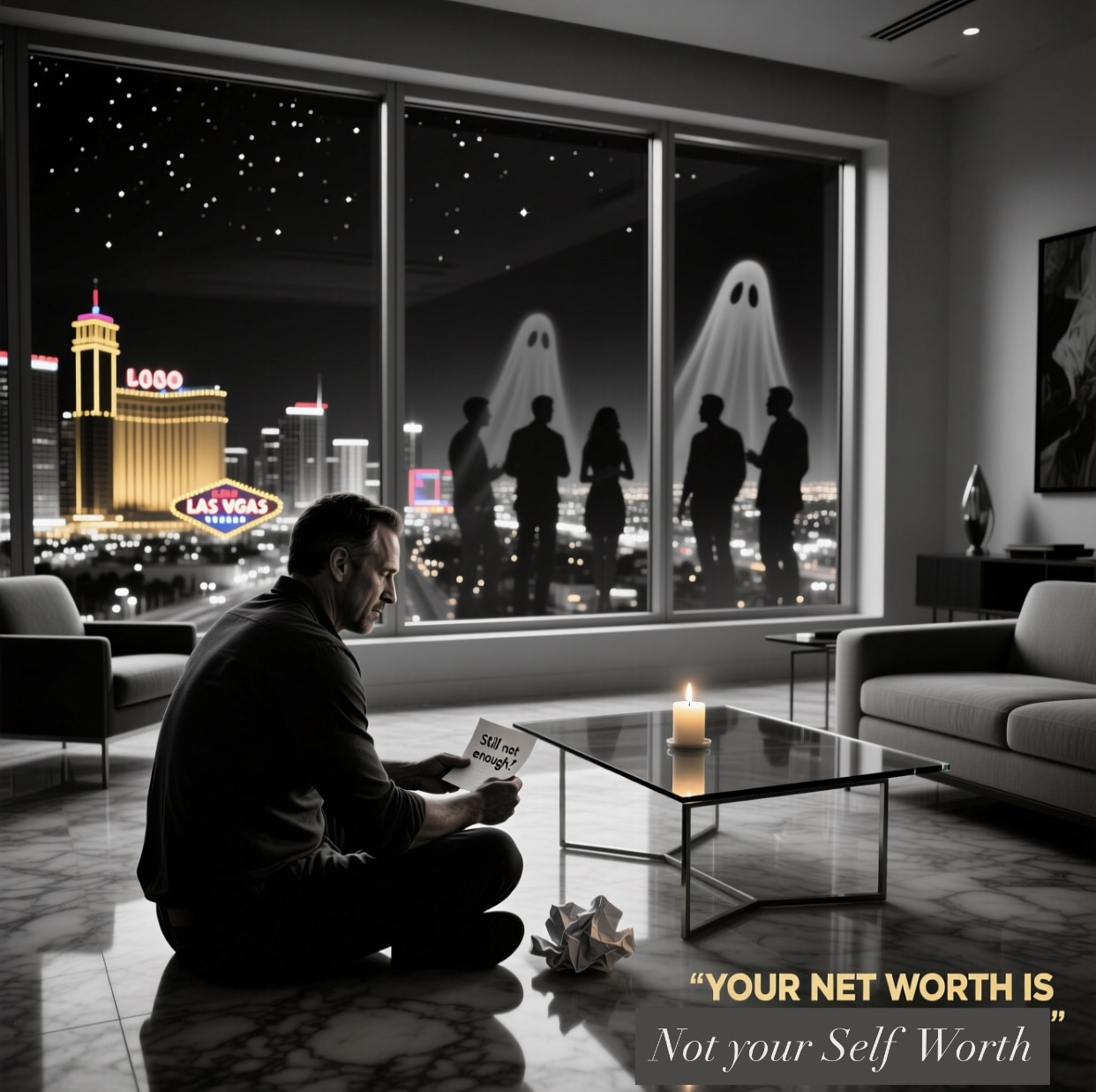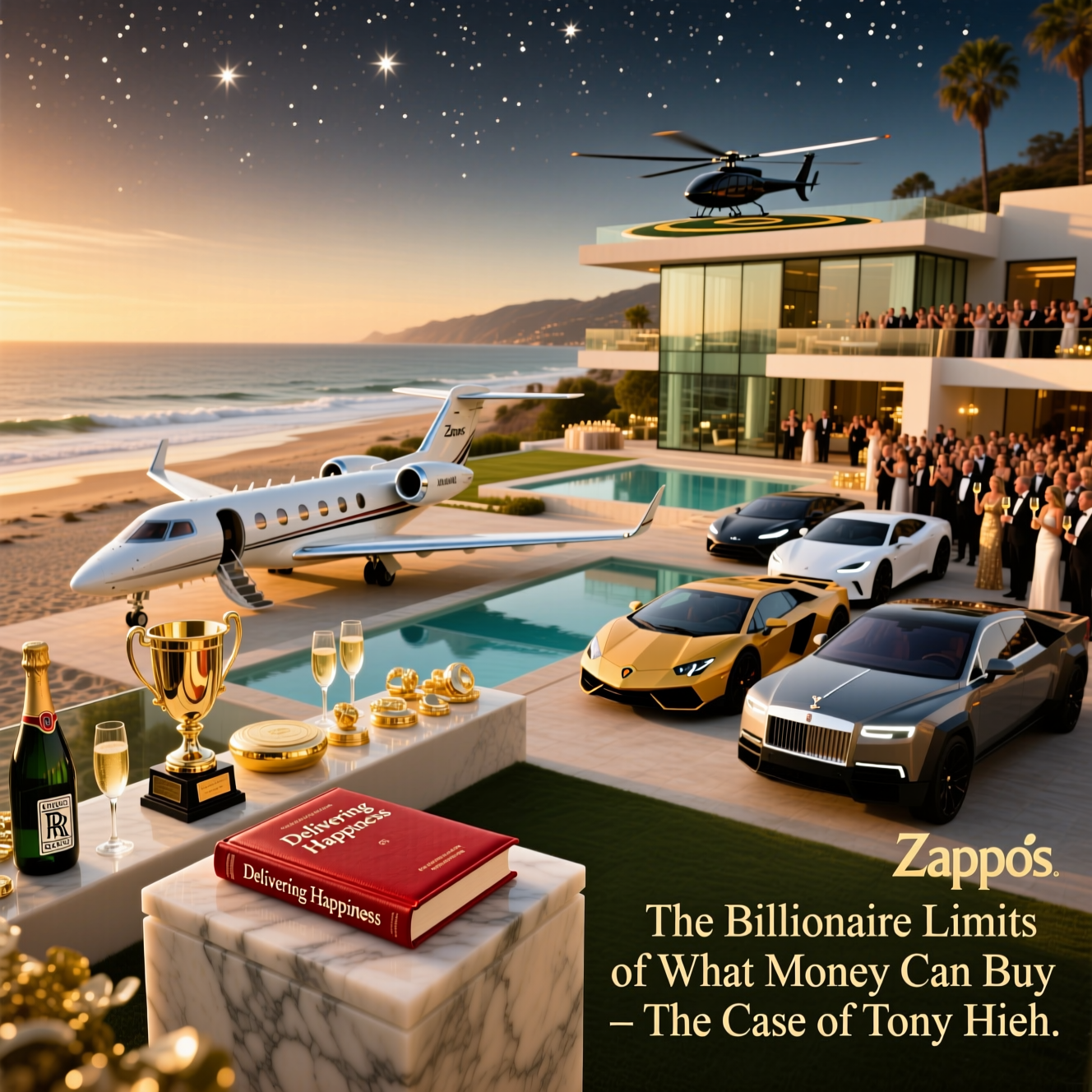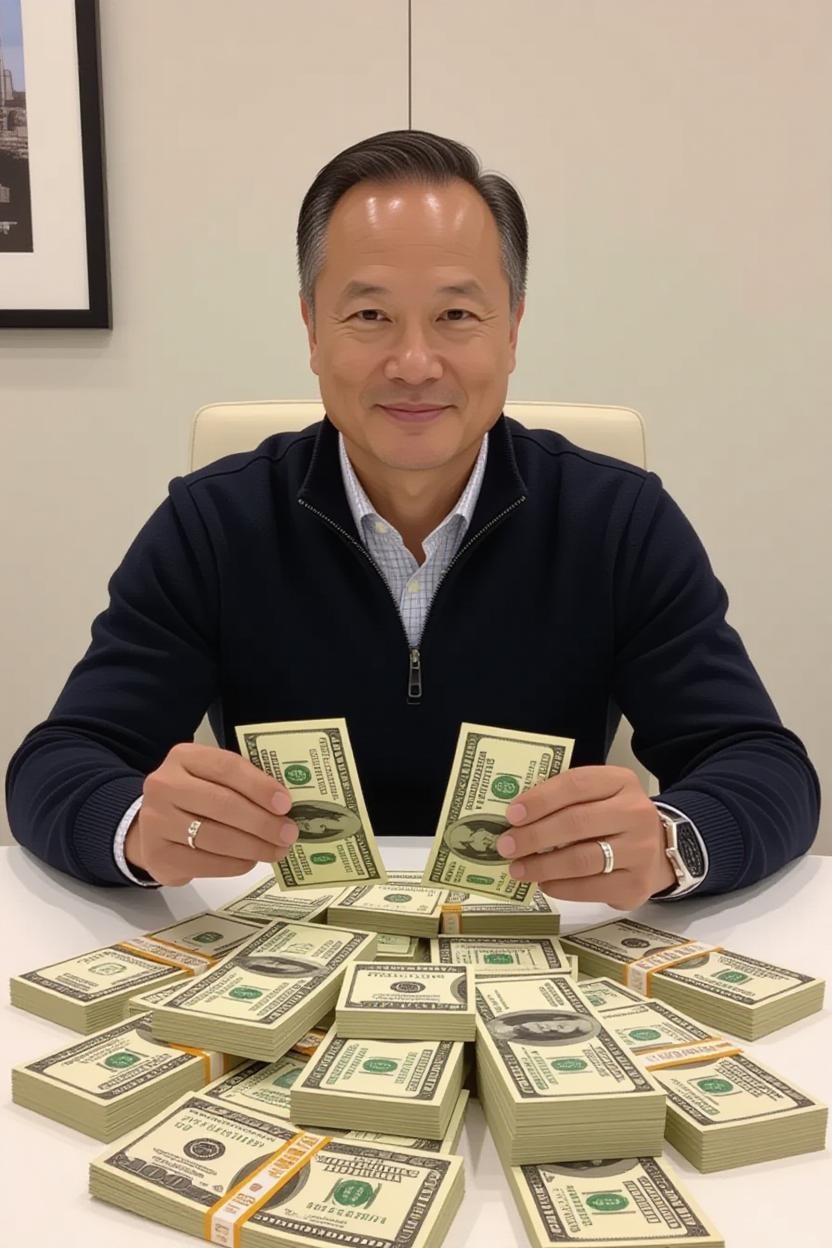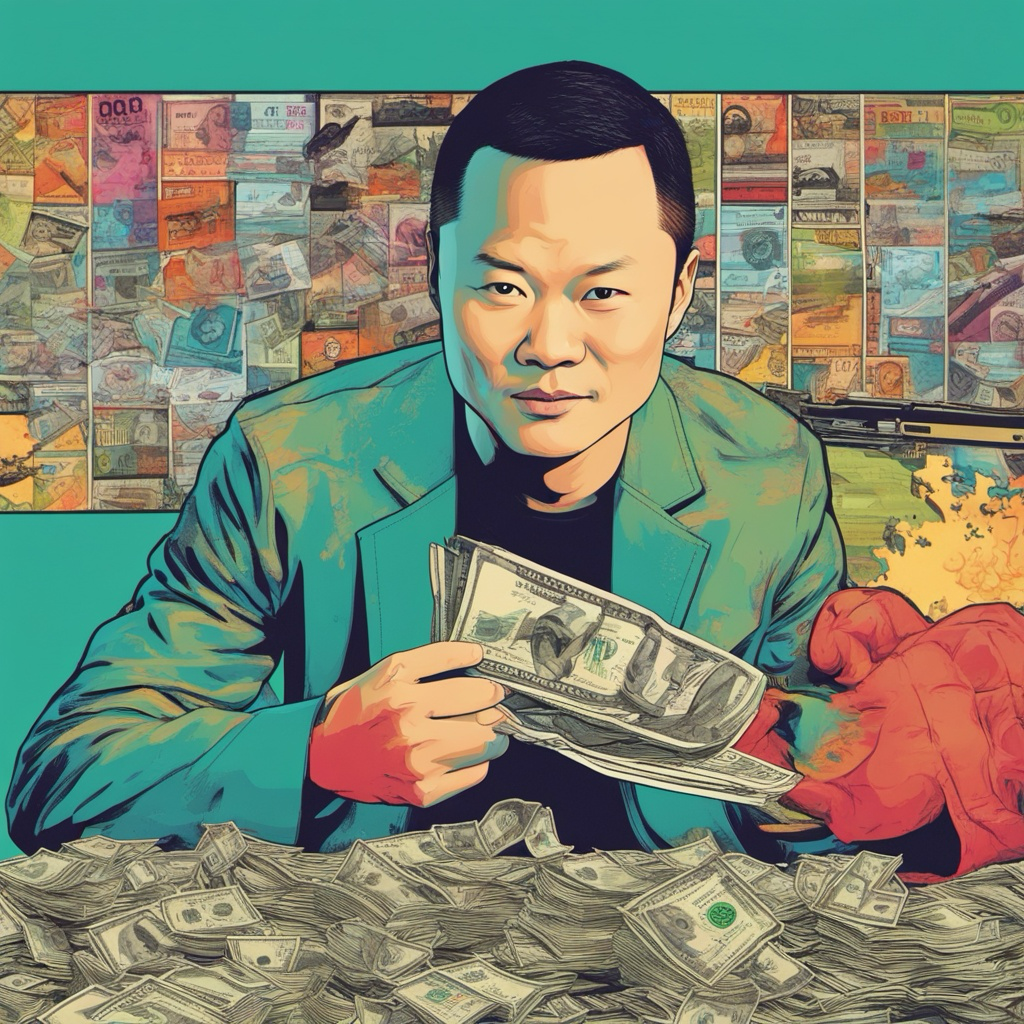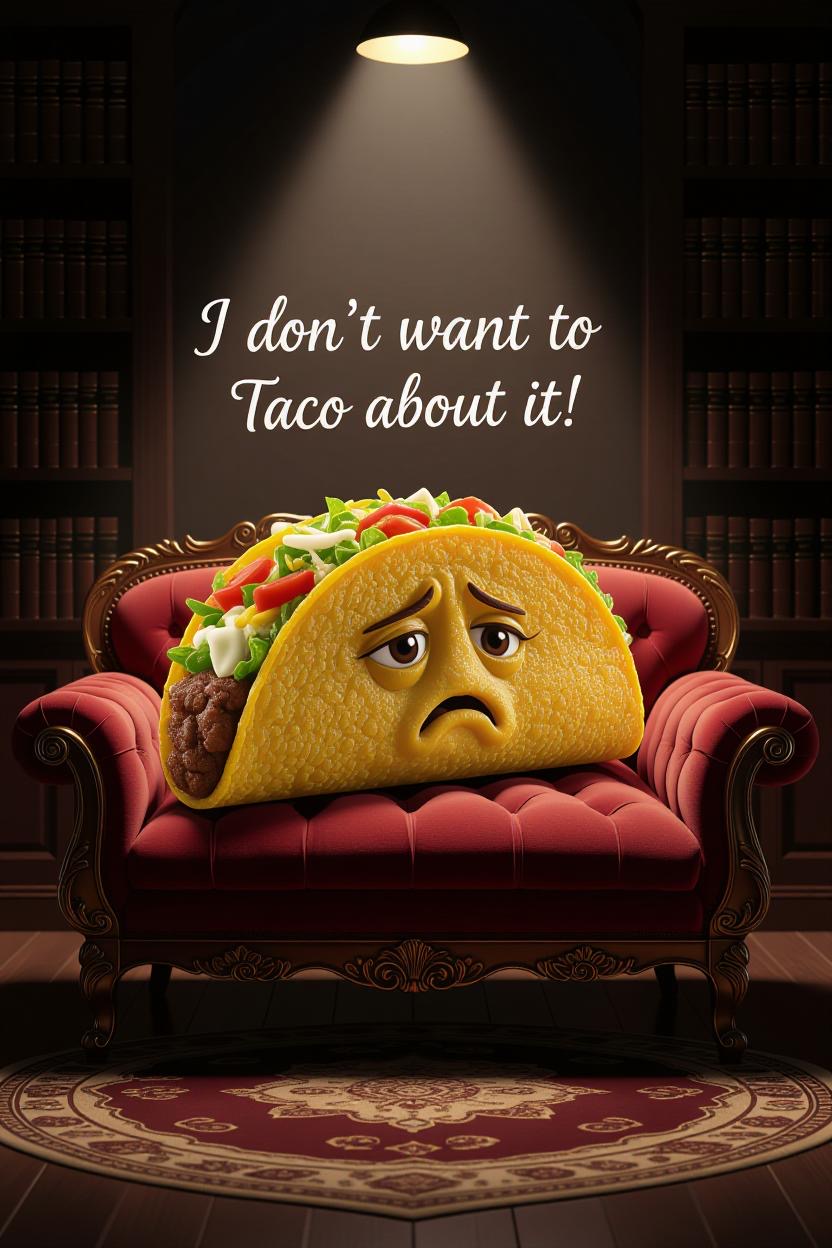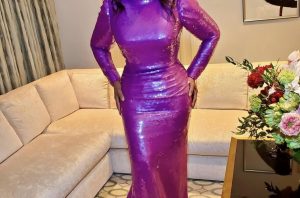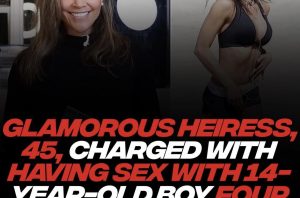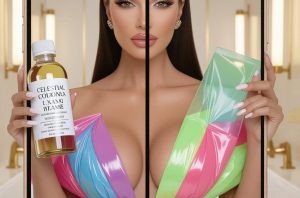**Money Can’t Buy Sanity — The Billionaire Tragedy of Tony Hsieh**
Let’s cut through the fairy dust.
You’ve been sold a lie since birth: *If you just get rich enough, you’ll be happy. If you just hit the jackpot, everything falls into place.*
Tony Hsieh had it all—by every metric the world worships.
A $1.2 billion payday from selling Zappos to Amazon. A penthouse in downtown Vegas he turned into a twisted playground of excess. Unlimited access to parties, people, substances, and experiences most will never even dream of.
And yet… he died alone.
Burned, broken, and barely recognizable—both physically and mentally—after years of spiraling into a self-made hell of addiction, paranoia, and isolation.
This isn’t just a cautionary tale.
This is the ultimate proof that **money has hard limits**—and if you don’t understand them, wealth won’t save you. It’ll accelerate your destruction.
—
### The Myth of the “Happy Billionaire”
Tony Hsieh wasn’t some greedy Wall Street shark. He was the *poster boy* for conscious capitalism. The guy who wrote *Delivering Happiness*. The CEO who built a company culture so legendary, Harvard studied it. He preached purpose, connection, joy.
But here’s the brutal irony:
The man who taught the world how to build happiness **couldn’t build it for himself**—even with unlimited resources.
Why?
Because **money amplifies who you already are**.
It doesn’t fix broken wiring. It doesn’t heal trauma. It doesn’t create meaning where none exists.
Tony had the money to buy every distraction imaginable—private chefs, exotic pets, underground raves, ketamine, nitrous oxide, you name it. But he couldn’t buy peace. He couldn’t buy real friendship. He couldn’t buy a reason to wake up in the morning that wasn’t chemically induced.
And that’s the trap.
Most people think, *“If I just had $100 million, I’d be set.”*
But if you’re empty inside, $100 million just gives you more ways to run from yourself—faster, louder, and more destructively.
—
### The Vegas Compound: A Billion-Dollar Cage
After selling Zappos, Tony didn’t retire to a quiet island. No. He poured $350 million into a downtown Las Vegas “utopia”—a social experiment where creatives, hackers, and misfits could live, work, and party in a boundaryless ecosystem.
Sounds visionary?
It became a pressure cooker of chaos.
His inner circle—many enabled by his endless spending—descended into a cult-like bubble of 24/7 parties, drug binges, and emotional manipulation. Friends later described him as paranoid, malnourished, refusing to see doctors, convinced people were poisoning him.
At one point, he was living in an Airstream trailer behind his penthouse, surrounded by strangers, disconnected from family, barely eating, skin falling off from malnutrition and chemical abuse.
This wasn’t “living large.”
This was **a billionaire’s nervous breakdown on fast-forward**—fueled by the very freedom money was supposed to grant.
—
### The Fatal Flaw: Confusing Access with Fulfillment
Tony Hsieh had *access* to everything.
But access ≠ belonging.
Access ≠ love.
Access ≠ identity.
He surrounded himself with people who loved his wallet, not his soul. He replaced human connection with transactional loyalty. He mistook adrenaline for aliveness.
And when the money stopped being enough (because it always does), there was nothing underneath.
No anchor.
No tribe that would tell him the truth.
No structure to contain his unraveling mind.
That’s the silent killer of the ultra-rich: **isolation disguised as freedom**.
You can buy a private jet, but you can’t buy someone who’ll sit with you in silence when you’re falling apart.
You can hire a personal chef, but you can’t force your body to absorb nutrients when you’re too far gone on dissociatives.
You can fund a city block, but you can’t engineer genuine human warmth from a crowd of sycophants.
—
### The Real Lesson (That No One Wants to Hear)
Tony Hsieh’s story isn’t about drugs. It’s not even about money.
It’s about **the vacuum of purpose**.
He gave everything to build a company that made people happy—yet never built a life that made *himself* happy. He outsourced his worth to external validation, then tried to fill the void with ever-more-extreme experiences.
But here’s the truth bomb:
**Happiness isn’t a product you can scale. It’s a practice you must cultivate—daily, deliberately, often in silence.**
Money can buy comfort.
It can buy time.
It can buy options.
But it cannot buy:
– Inner peace
– Authentic relationships
– Mental stability
– A reason to exist beyond consumption
If you don’t build those *before* you get rich, wealth will magnify your emptiness until it consumes you.
—
### Final Word: Build Your Foundation, Not Just Your Fortune
Tony Hsieh died at 46—alone, in a trailer, with third-degree burns from a house fire he likely didn’t even notice.
A man worth over a billion dollars… reduced to a cautionary footnote.
Don’t be fooled by the Lambos, the penthouses, the VIP lists.
The real elite—the *truly* untouchable—are the ones who’ve mastered their mind, their mission, and their inner world.
Because when the money runs out—or worse, when it *doesn’t*—that’s all you’ve got left.
And if you haven’t built it?
No amount of zeros in your bank account will save you from the fire inside.
Stay sharp.
Stay grounded.
And never confuse net worth with self-worth.
—
*Drop the illusion. Build the man.*
INSTAGRAM: @TONYHSEIH
Followers: 120,000

